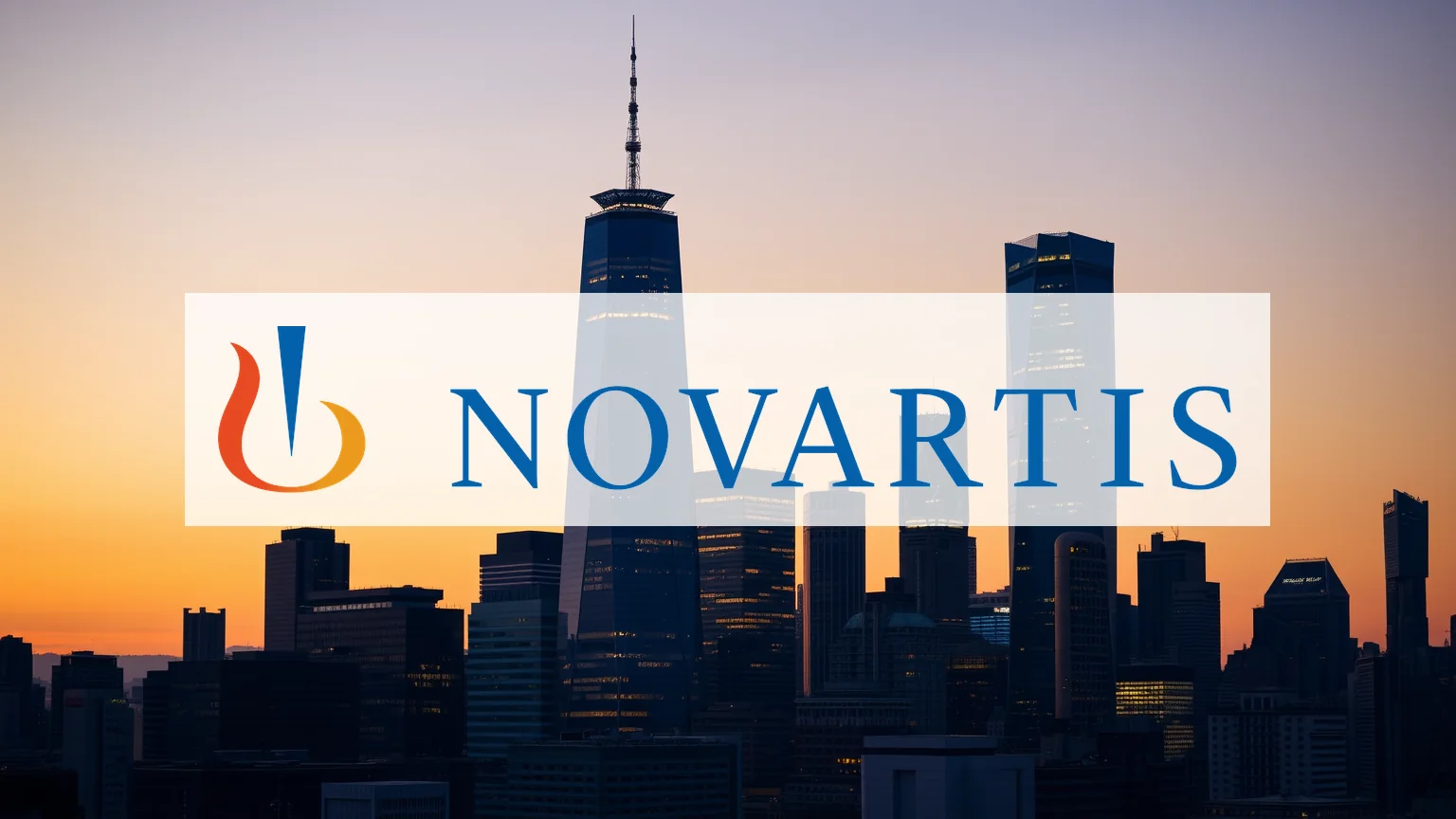Digital and Therapeutic Advances Strengthen Market Position
Novartis has achieved significant milestones in both cancer research and autoimmune therapy, bolstering investor confidence. Partnering with a leading German university, the Swiss pharma giant developed "digital twins" for oncology research, using AI to predict breast cancer survival rates with high accuracy (C-index >0.72). Published in Computer Science, this innovation could replace traditional control groups in clinical trials, potentially reducing costs and development timelines. Simultaneously, its experimental drug ianalumab met primary endpoints in two Phase III trials (NEPTUNUS-1/2) for Sjögren’s syndrome—a rare autoimmune disorder affecting millions globally. With no approved systemic treatments currently available, ianalumab’s dual mechanism (B-cell depletion and BAFF-R inhibition) positions it as a potential market leader. The FDA has granted it Fast-Track status, accelerating regulatory discussions.
Pipeline Expansion and Financial Implications
The dual breakthroughs underscore Novartis’s innovation pipeline. While digital twins promise long-term R&D efficiencies, ianalumab offers near-term revenue potential in an untapped market. Analysts highlight the drug’s orphan-drug pricing potential and its broader application across B-cell-driven autoimmune diseases. The company plans to present full data at an upcoming medical congress, with approvals possible within years. These developments reinforce Novartis’s competitive edge in high-value specialty therapeutics.
Ad
Novartis Stock: Buy or Sell?! New Novartis Analysis from February 7 delivers the answer:
The latest Novartis figures speak for themselves: Urgent action needed for Novartis investors. Is it worth buying or should you sell? Find out what to do now in the current free analysis from February 7.
Novartis: Buy or sell? Read more here...













